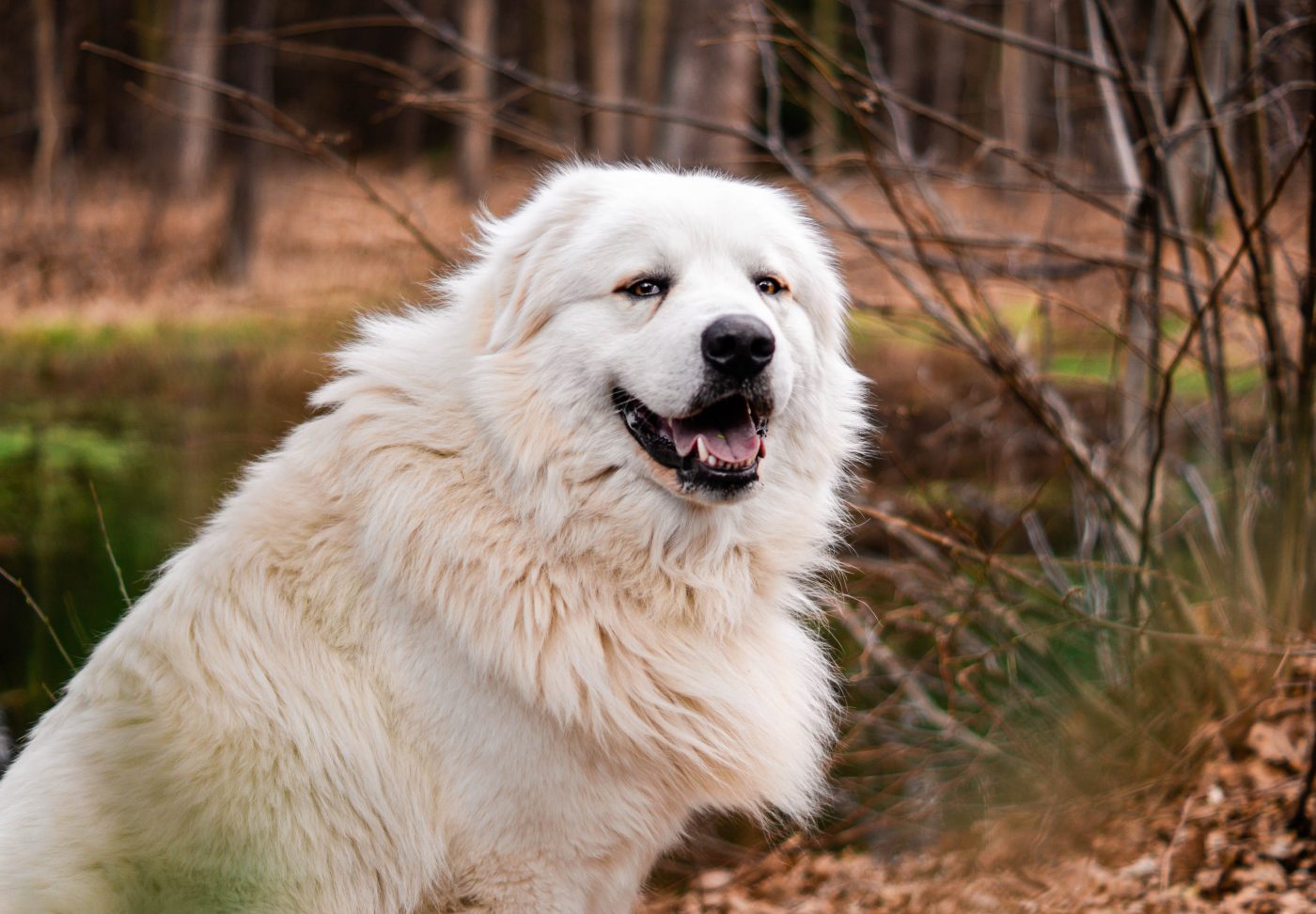Frequently Asked Questions An Apartment Owner Might Ask Before Getting A Great Pyrenees

1. How much space does a Great Pyrenees need in an apartment?
Great Pyrenees are large dogs that require a significant amount of space. In an apartment, they need enough room to move around comfortably and a large, comfortable area to rest. Considering their size, smaller apartments might not be suitable, and a spacious living area is ideal for their well-being.
2. Can the Great Pyrenees adapt to living in an apartment?
Great Pyrenees can adapt to apartment living, but their large size and exercise needs must be adequately met. They are relatively calm indoors but require regular exercise outdoors. Owners living in apartments should be prepared to provide daily walks and occasional trips to a park or open space for more rigorous activity.
3. How much exercise does a Great Pyrenees need?
Despite their size, the Great Pyrenees do not require extensive exercise. Moderate daily exercise, like regular walks and some playtime, is usually sufficient to keep them healthy and content. However, they should have opportunities for more strenuous exercise periodically.
4. Are Great Pyrenees suitable for first-time dog owners living in apartments?
Great Pyrenees can be a challenge for first-time dog owners, especially in an apartment setting. They require consistent training, exercise, and grooming, which might be overwhelming for someone inexperienced with large breeds. However, their calm demeanor indoors can be a plus for dedicated owners.
5. What are the grooming requirements for a Great Pyrenees in an apartment?
Great Pyrenees have a thick, double coat that requires regular grooming. This includes daily brushing to prevent matting and reduce shedding, as well as occasional baths. Regular grooming is necessary to maintain their coat’s health and manage shedding in an apartment.
6. Do Great Pyrenees bark a lot, and will this be an issue in an apartment?
Great Pyrenees are known for their protective nature and may bark to alert their owners to potential threats. In an apartment, this can be a concern, especially with close neighbors. Training and providing sufficient exercise and mental stimulation can help mitigate excessive barking.
7. Are Great Pyrenees good with children and other pets?
Great Pyrenees are generally good with children and other pets, especially if they are raised together. However, due to their large size, interactions should always be supervised. They are protective and gentle, but their size can inadvertently lead to knocking over small children or pets.
8. Can the Great Pyrenees be left alone in an apartment for long periods?
Great Pyrenees value companionship and can struggle with being left alone for extended periods. This can lead to separation anxiety and possible destructive behaviors. If they must be left alone, providing toys and engaging activities can help, but long periods of solitude are not ideal for this breed.
9. What kind of diet is best for a Great Pyrenees living in an apartment?
A well-balanced diet suitable for their size and relatively low energy level is important for Great Pyrenees. Since they might get less exercise in an apartment compared to a house with a yard, it’s important to monitor their food intake to prevent obesity. Consulting a veterinarian for a diet plan is advisable.
10. How do I ensure my Great Pyrenees get enough social interaction in an apartment?
Ensuring enough social interaction for a Great Pyrenees involves regular walks, visits to dog parks, and interaction with family members. They are sociable by nature and benefit from regular interaction. Engaging them in community dog activities can also be beneficial for their mental well-being.
 Toledo, United States.
Toledo, United States.